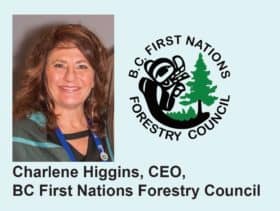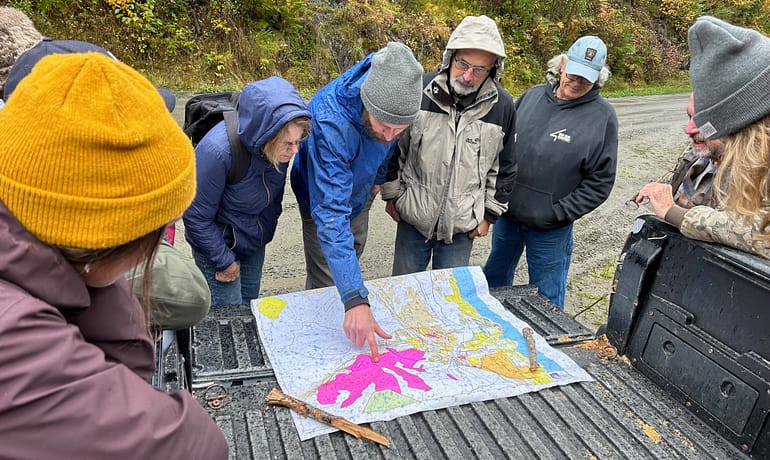Indigenomics serves as a platform for modern Indigenous economic design and reconciliation. Economic reconciliation is the space between the lived realities of Indigenous peoples, the need to build understanding of the importance of the Indigenous relationship, and the requirement for progressive actions for economic inclusion
The Joint Agenda: Implementing the Commitment Document agreed to by the government of B.C. and the BC First Nations Leadership Council identifies forestry as one of the priority areas for changes to legislation, policy, and regulatory reform. As part of this change, in 2018 the B.C. Ministry of Forests, Lands, Resource Operations and Rural Development committed to the development of a revised B.C. First Nations Forest Strategy (the ‘Forest Strategy’) during regional engagement sessions held with First Nations. The Forest Strategy has six goals that seek to increase the participation of First Nations in the forest sector, as well as the role they play in the governance and stewardship of forests lands and resources. The second goal of the Forest Strategy speaks to the need to increase and revise the current revenue sharing model to more equitably share revenues derived from forest lands within First Nations territories.
Related Post
Province increases funding for community forest wildfire risk reduction
News Release We are pleased to announce that the
BC introduces new measures on old growth, innovation, forest stewardship
New announcement on process and funding for policy reforms



